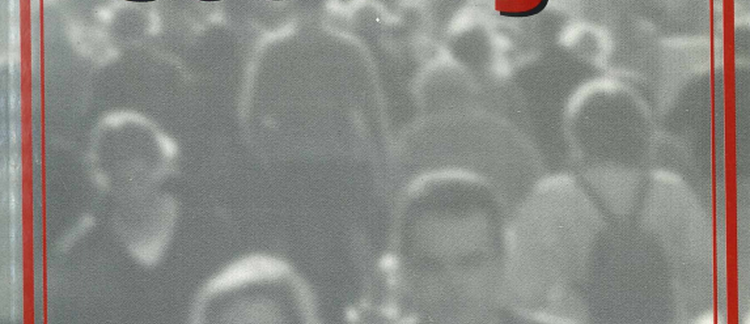Abstract
This article examines the effects and implications of the new media for cultural communication. Drawing on an already large literature in the field of sociology and 'medium theory', it is argued that the computer media revolution affects all stages of cultural communication, (acquisition, manipulation, storage, distribution) and all types of media (text, images, moving images, sound). The specific characteristics of new media and their cultural effects are analysed via a historically informed comparison between traditional media (printing press, photography, etc.) and new computerised media. It turns out that a lot of the commonly held characteristics of new media can already be found in traditional media. One can however distinguish some general tendencies of a culture undergoing computerisation, such as increasing possibilities for modulation and transformation of data, the variability of new media objects and a tendency towards de-centralisation. From a sociological point of view however, the most important tendency is the 'individualisation' of mass communication. The new media create a segmented, differentiated audience that, although massive in terms of numbers, is no longer a mass audience in terms of simultaneity and uniformity of the messages it receives. Because computers can intervene actively on the contents they diffuse and present them at any point in time in the format corresponding to the interests and needs of the individual user.
How to Cite:
Verschraegen, G., (2002) “De digitalisering van de cultuur”, Tijdschrift voor Sociologie 23(3-4), 303–326. doi: https://doi.org/10.21825/sociologos.86556
Downloads:
Download PDF
View
PDF


